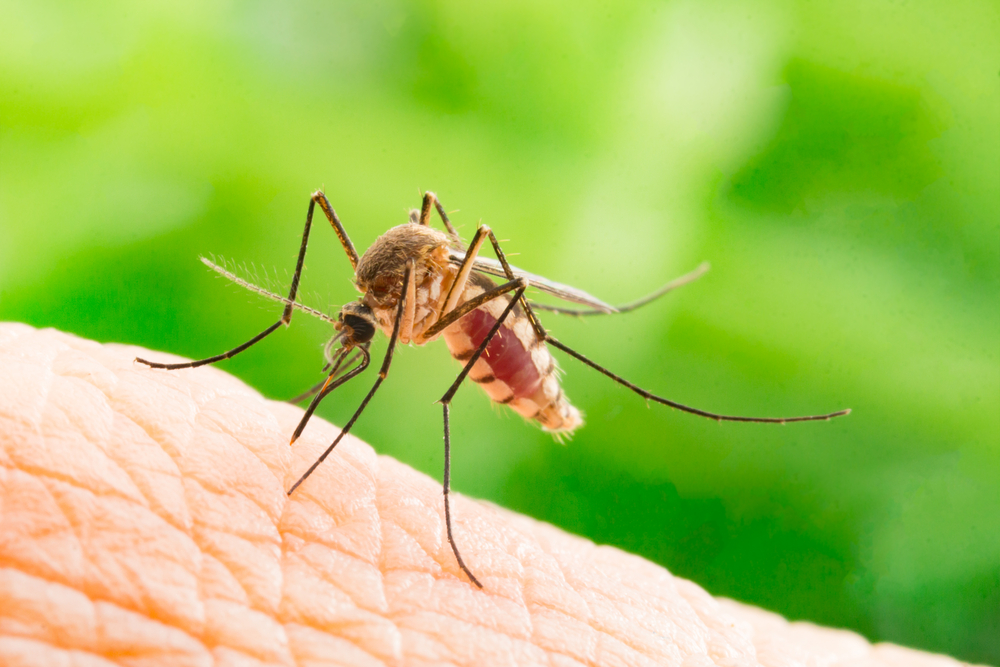
A nine-member team of scientists from the University of Oregon is now looking into the ability to genetically deactivate mosquito bites–and disease spreading that results–from mosquito desires for blood.
The team has already made the important step: isolation and sorting of 902 genes linked to blood feeding and 478 genes linked to non-blood feeding from the mosquito type Wyeomyia smithii. It is the kind often found in North American’s eastern swamps.
“We are seeking the genes that are in the transition between biting and non-biting,” Christina Holzapfel, University of Oregon Biologist and team co-lead, said. “The reason we are seeking those genes is because if we can figure out how to incapacitate biting genes, that would mitigate vector-borne disease worldwide. If there is no bite, there is no disease transmission, period.”
The research team identified 21,618 potential genes in the mosquito as a first step. Over seven generations of bred mosquitos, they then identified and extracted the 1,380 genes they sought. By saving and mating only those females about to blood-feed, they created an especially bloodthirsty breed, which was important to their efforts.
The method by which they isolated the genes is also going further. With success in these mosquitoes, it’s going to be used on other species next, including the common house mosquito responsible for West Nile, heartworm, and Zika spread, among others.
“We’ll see what comparable genes pop out of these other species and identify commonalities,” William Bradshaw, University of Oregon Biologist and Holzapfel’s co-lead, said. “We will continue this process, the end point of which will be the identification of universal non-biting mosquito genes.”
The project was funded by two National Science Grants, and the results published in the Proceedings of the National Academy of Sciences.




